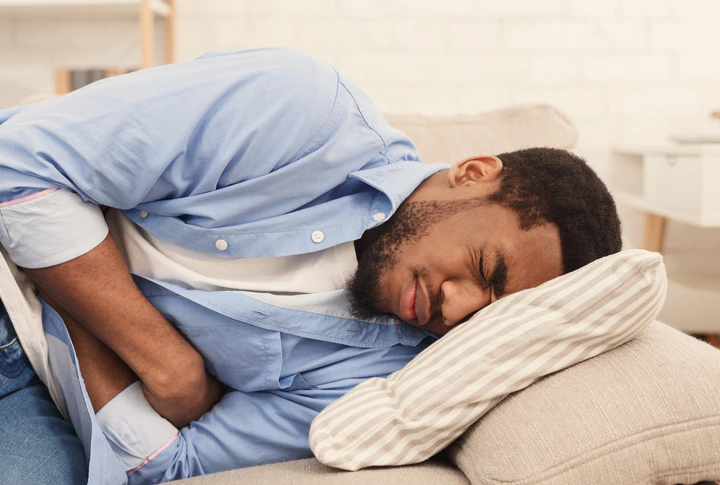Pancreatitis is the redness and swelling (inflammation) of the pancreas. This happens when digestive juices or enzymes attack the pancreas. The pancreas lies behind your stomach on the left side of your belly. It is close to the first part of your small intestine (the duodenum), it is a very important gland as it acts as both a hormonal gland and a digestive one. Pancreatitis may be sudden (acute) or ongoing (chronic).
ACUTE PANCREATITIS
Acute pancreatitis is a condition where the pancreas becomes inflamed (swollen) over a short period of time. The pancreas is a small organ, located behind the stomach, that helps with digestion. It may cause serious problems or be deadly in severe cases.
CHRONIC PANCREATITIS
Chronic pancreatitis is inflammation of the pancreas that does not heal or improve it gets worse over time and leads to permanent damage. Chronic pancreatitis eventually impairs a patient’s ability to digest food and make pancreatic hormones. May cause the pancreas to stop making enzymes and insulin in severe cases.
WHAT CAUSES PANCREATITIS? There are over a few causes of pancreatitis ranging from alcohol abuse to belly injury or surgery, high levels of fat particles (triglycerides) in the blood, very high levels of calcium in the blood, Infections, such as mumps, hepatitis A or B, or salmonella, Cigarette smoking.
SYMPTOMS OF PANCREATITIS
Each person’s symptoms may vary, symptoms may include:
- Severe belly pain that may spread to your back or chest (it may feel worse after you eat)
- Nausea
- Vomiting
- Rapid heart rate
- Fever
- Swelling and feeling sore or tender in your upper belly
- Fluid buildup in your belly
- Lowered blood pressure
- Yellowing of the skin and eyes (jaundice)
The symptoms of pancreatitis may look like other health problems. Always see your healthcare provider be sure.
HOW IS PANCREATITIS TREATED?
The treatment goal is to rest the pancreas and let it heal. In most cases, you will be in the hospital for a few days and be given IV (intravenous) fluids and pain medicine, and medicines that fight bacterial infections (antibiotics)If mild, you may be able to eat clear liquids or a low-fat diet. However, if severe, you may not be able to eat or drink for a few days to let your pancreas rest. A feeding tube may need to be used in some situations.
If you have chronic pancreatitis you may also:
- Have to avoid alcohol (if your pancreatitis is caused by alcohol abuse)
- Have to stop smoking
- Need enzyme supplements to help digest your food
- Need insulin (if you get diabetes)
- Need to eat small high-protein, low-fat meals
- Need surgery to remove the permanently damaged part of your pancreas. In advanced situations, a special transplant called islet cell transplant is done.
- Need medicine for chronic pain
WHAT ARE THE COMPLICATIONS OF PANCREATITIS?
Acute pancreatitis usually gets better on its own over time. Most people recover without any problems. A small number of cases end up with fluid collections around the pancreas that require drainage. However, Chronic pancreatitis may also get better on its own. But that can take longer, after a few attacks. Chronic pancreatitis has a greater risk of long-term problems such as:
- Diabetes
- Chronic pain
- Diarrhea
- Weight loss
- Low vitamin levels from malabsorption
- A collection of fluid (pseudocyst) around the pancreas
- Bile duct blockages
- Permanent pancreas damage
- Pancreatic cancer
